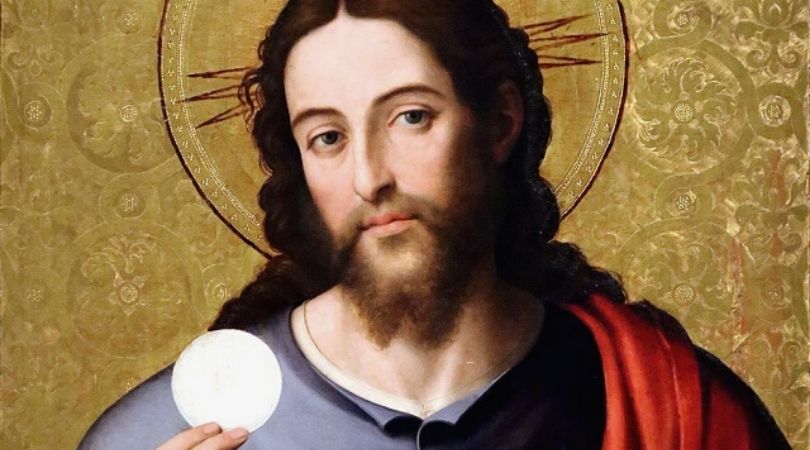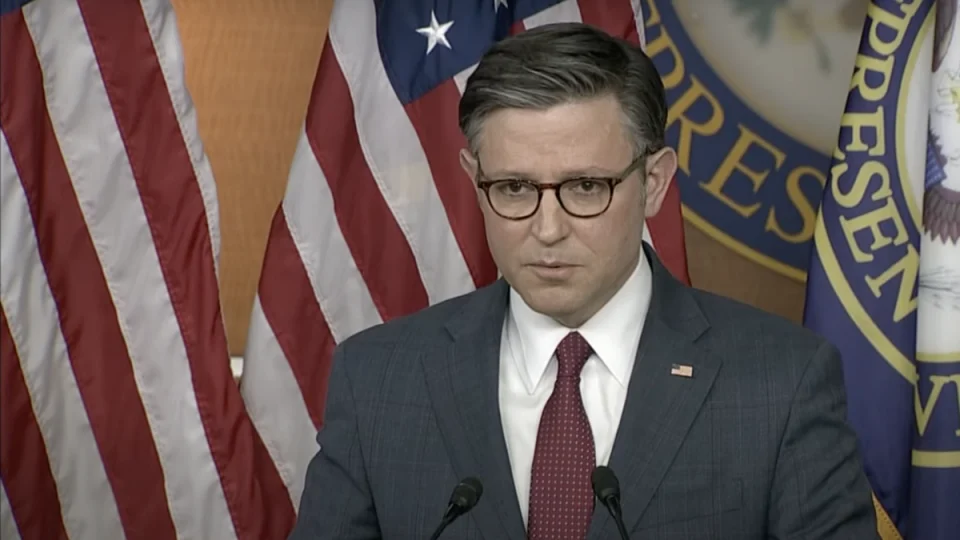Florida Gov. Signs Bill Putting Prayer Back in School

Radicals Shooting Congressmen: This Is How You Get the Spanish Civil War
June 15, 2017
FOUNDER’S QUOTE DAILY
June 16, 2017
TALLAHASSEE, Fla. (ChurchMilitant.com) – Florida Gov. Rick Scott signed a bill into law Friday that allows students to pray in public schools.
Senate Bill 436 creates the Florida Student and Personnel Religious Liberties Act, which allows students to initiate prayer on public school property during school hours. The new law also protects the right of school faculty to participate in religious activities initiated by students.
On Friday, Senate President Joe Negron commended Gov. Scott for protecting what he calls an “important constitutional right of public school students, parents, teachers and school administrators.” He added:
Freedom of religion is a central right protected by our Constitution. The government should not impose a religion, but all too often we see the other extreme where we are taking away people’s right to free speech and their right to practice their faith in a way they believe is appropriate.
The new law protects students from discrimination, who initiate prayer at taxpayer-funded public schools. The legislation specifies “a school district may not discriminate against a student, parent or school personnel on the basis of a religious viewpoint or religious expression.
The author of the bill, Sen. Dennis Baxley, said students shouldn’t be forced to give up their religious beliefs in school. “Students should not have to surrender their constitutional rights or their religious beliefs at the schoolhouse door. Neither should teachers, administrators or parents,” asserted Sen. Baxley.
Students should not have to surrender their constitutional rights or their religious beliefs at the schoolhouse door.Tweet
He noted that many parents in Florida believe faith is essential to raising their children. “For many Floridians, instilling faith according to their religious convictions is a central component of child rearing and family life. Students should not be prevented from discussing these convictions with their peers or incorporating religious beliefs in their attire, assignments and extracurricular activities.”
Democrat lawmakers, however, fought against the bill, saying it violates the separation of church and state. Democrat Sen. Kevin Radar even called the legislation “religiously coercive.” Democrats say the measure will lead to students and teachers feeling ostracized, intimidated or discriminated against for being non-Christian or non-religious.
Senator Negron disagreed, saying the law protects the rights of all students regardless of their religious convictions. “Students of any faith or no faith have a right to free speech,” he said. Senator Baxley affirms that Christians aren’t discriminating against anyone. “I don’t think we’re the ones that are intolerant at this stage,” said Baxley. “Maybe that was true at some point in history, but right now, that’s not where the intolerance is coming from.”
Both he and Sen. Baxley affirmed the legislation addresses essential rights of Americans, which are upheld by the Constitution. “Freedom of speech and freedom of religion are fundamental to our way of life as Americans and this legislation ensures that we protect these critical rights in our taxpayer-funded public schools,” stated Sen. Baxley.
I don’t think we’re the ones that are intolerant at this stage.Tweet
Some lawmakers argued the measure was unnecessary as it was already spelled out in the U.S. Constitution. Senator Bradley responded that the constitutional right still needed greater protection in a climate where hostility towards religion was growing. “The pendulum has swung way, way too far, to a situation where teachers, parents and students are afraid to express things that are important to them, their core beliefs,” remarked Sen. Bradley.
Senator Baxley agrees that educators need more guidance on upholding students’ constitutional right to pray. “Part of what we’re protecting,” said Sen. Baxley, “is those basic rights for religious expression, which are protected speech. And we’re letting people know it doesn’t stop at the property line of the school site. We owe our educators some clarity on this so it can be applied uniformly across the state in a way that respects all faiths.”
This law is yet another response to the 1963 U.S. Supreme Court ruling, which many believe silenced prayer in public schools.
churchmilitant.com/news/article/florida-gov.-signs-bill-putting-prayer-back-in-school
IMAGE: catholicreview.org




